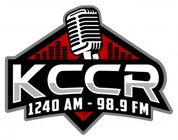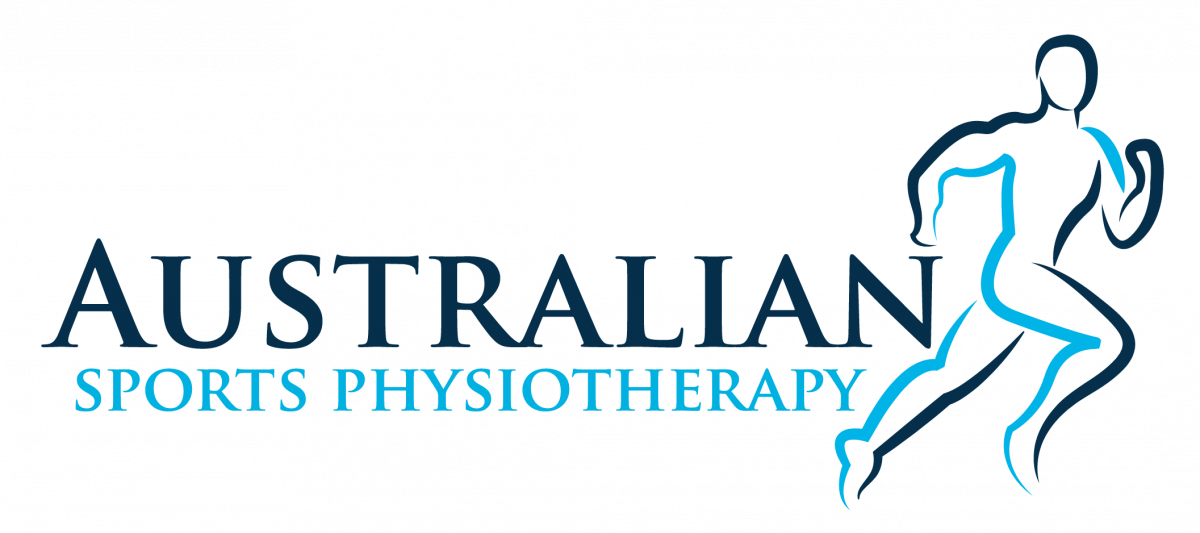Gentle Recovery Programs for Whiplash
Whiplash injuries can affect more than the neck, impacting everyday movement, posture, and comfort. Australian Sports Physiotherapy provides personalised guidance to help people regain flexibility, strength, and confidence after injury. Clinicians work closely with each patient to create programs that focus on gradual movement restoration, reducing stiffness, and improving overall function. With carefully planned exercises and ongoing support, patients can progress at a pace suited to their recovery. Coburg Physio ensures that recovery is safe, monitored, and effective, helping people return to their daily routines and activities with improved comfort and mobility.
Supporting Recovery Beyond Neck Pain Symptoms
Whiplash is often dismissed as a simple neck injury, but anyone who’s experienced it knows it’s anything but simple. The effects can be wide-ranging, unpredictable, and, at times, surprisingly long-lasting.
While the sharp, stiff pain in the neck is usually the most immediate symptom, whiplash can also affect the shoulders, back, jaw, and even your ability to concentrate or sleep. That’s because it’s not just a localised issue—it’s a disruption of how your entire body responds to sudden force and trauma.
Recovery isn’t just about treating pain; it’s about restoring movement, addressing muscle imbalances, calming the nervous system, and rebuilding confidence in your body. With the right approach, healing becomes more than just returning to “normal”; it’s about coming back stronger, more aware, and better supported.
What is Whiplash?
Whiplash is a neck injury that occurs when the head is suddenly and forcefully thrown forward and then back again, often due to a car accident.
The sudden, forceful movement of the head and neck during a whiplash injury strains or damages muscles, ligaments, joints, discs, and nerves in the cervical spine, but the impact often triggers a cascade of symptoms extending far beyond the neck itself.
It can cause neck pain, stiffness, headaches, and even dizziness or shoulder pain.
Beyond Neck Pain: The Systemic Impact of Whiplash
1. Nerve involvement
A whiplash injury is more than just a musculoskeletal issue; it can also cause nerve damage and sensory deficiencies. In more severe situations, nerve inflammation can result in numbness and tingling down the arm.
2. Muscles and ligaments
The quick back-and-forth movement of the head can strain and sprain the muscles and ligaments in the neck and upper back, resulting in pain in the shoulders, upper chest, and arms.
3. Cognitive and psychological symptoms
Whiplash can also cause trouble concentrating, irritability, exhaustion, sleep disruptions, and memory issues.
4. Other physical symptoms
Whiplash can also cause jaw pain, dizziness, impaired vision, and, in rare circumstances, spinal fractures or disc injury.
The 3 Big Influences on Whiplash Recovery
Not everyone recovers at the same pace. Some people feel better in a few weeks. Others experience long-lasting pain and disability. So, why the difference?
1. The Body (Biological Factors)
Pain intensity and how long it lasts after the accident can strongly influence recovery. People with more severe pain or who had health problems before the injury might find it takes longer to feel better.
Your age, previous injuries, and general health also play a part. Even pre-existing conditions like arthritis or old injuries can affect how your body responds to new trauma.
What your physio can do:
A physiotherapist can assess your physical condition and work on improving movement and strength, and help you manage pain through manual therapy, graded movement, and education.
2. The Mind (Psychological Factors)
It’s not “all in your head,” but your thoughts and emotions do influence recovery.
People who worry a lot about their pain (a concept known as catastrophising) often report more pain. Similarly, if you don’t believe you’ll recover, your brain and body might respond by holding tension or avoiding movement, delaying healing.
Stress, anxiety, depression, and even post-traumatic stress from the accident can all make pain feel worse.
What your physio can do:
Your physio can reassure you, explain what’s happening in your body, and help you build confidence in moving again. Sometimes, we might refer you to a psychologist or suggest mindfulness strategies to support your mental wellbeing.
3. Life and Environment (Social Factors)
Your surroundings matter. If you’re feeling unsupported at home or work, or going through legal and insurance claims, your stress levels may rise, and that can affect your recovery.
People who have less access to good health care or emotional support may also find it harder to bounce back.
What your physio can do:
Physios work as part of a team. We might communicate with your GP, occupational therapist, or case manager to make sure you’re getting the support you need across the board.
Yellow Flags: Things That Might Predict Persistent Pain
In physiotherapy, we look out for “yellow flags”, warning signs that someone might be at risk of developing long-term pain. These include:
- High levels of distress, anxiety or fear about pain
- Avoiding movement or activity due to fear of injury
- Low belief in your ability to get better
- Ongoing legal or compensation claims
- Poor support at work or home
The sooner we notice these, the better we can help.
How Can Physiotherapy Help With Whiplash Recovery?
Recovery from whiplash isn’t just about fixing the neck; it’s about supporting the whole person.
We help you:
- Understand what’s happening in your body
- Reduce pain through movement and hands-on therapy
- Build confidence and strength
- Identify barriers to recovery (like stress or fear of movement)
- Coordinate care with other professionals when needed
Final Thoughts
Whiplash recovery is more than just neck pain; the injury can affect muscles, ligaments, and nerves throughout the upper back, shoulders, and even the jaw, resulting in a variety of symptoms.
To treat the interrelated systems that are frequently damaged, recovery necessitates a comprehensive approach that involves mild movement and active symptom management, rather than simply resting the neck.
Regain Movement and Ease Whiplash Pain
 Coburg is a lively Melbourne suburb known for its community spirit, parks, and convenient lifestyle. Australian Sports Physiotherapy provides physiotherapy within Coburg and the surrounding suburbs, helping residents maintain mobility, manage discomfort, and support overall physical health.
Coburg is a lively Melbourne suburb known for its community spirit, parks, and convenient lifestyle. Australian Sports Physiotherapy provides physiotherapy within Coburg and the surrounding suburbs, helping residents maintain mobility, manage discomfort, and support overall physical health.Whiplash can disrupt daily life, but with careful guidance, recovery is achievable. Australian Sports Coburg Physiotherapy supports patients in regaining movement, flexibility, and posture stability. For guidance and strategies to manage whiplash effectively, contact us today and learn how to safely restore function and comfort.





